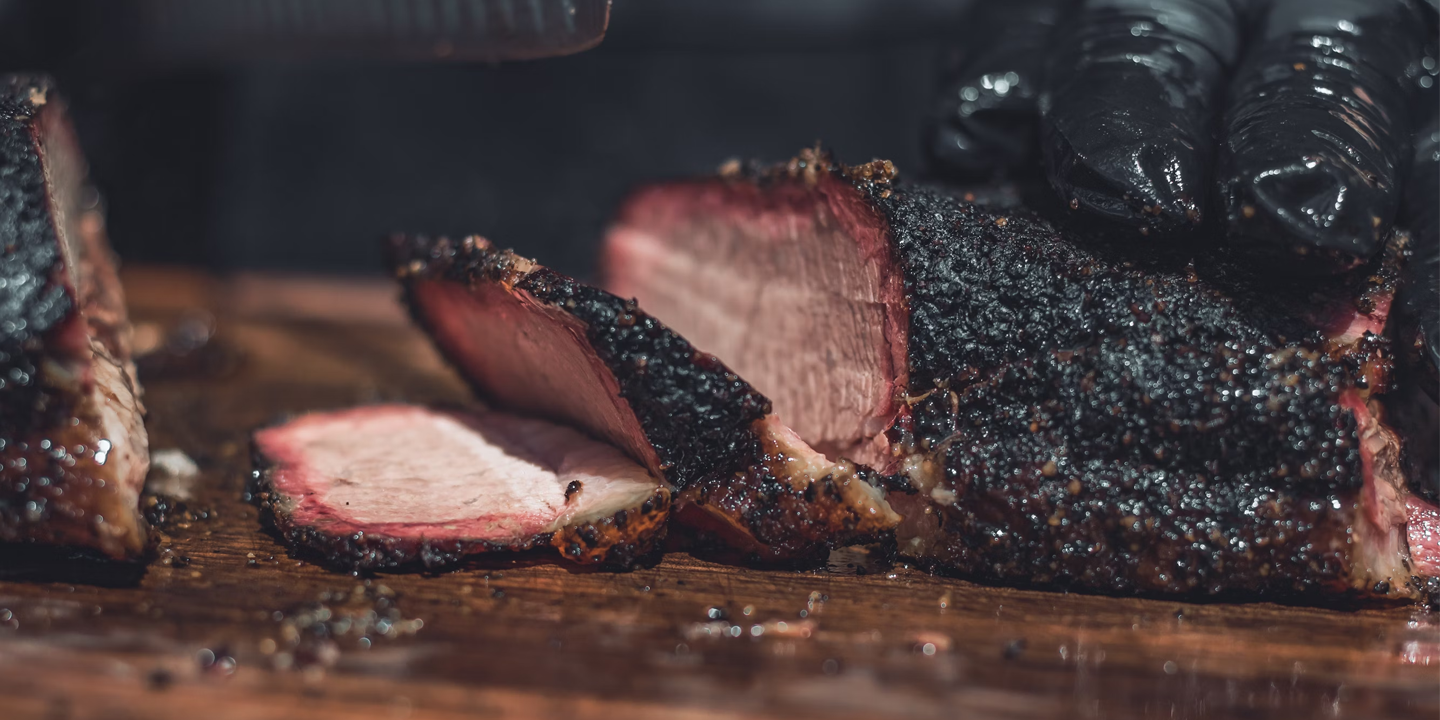Think Your Eating Habits Are Harmless? Think Again
From skipping breakfast to stuffing your stomach past its limits, you're probably already aware of some not-so-great eating habits you've picked up. The problem is, bad habits are hard to kick, and these quirks might be doing more damage to your body than you realize. The good news? It's never too late to fix them, and once you do, mealtime might get a lot more enjoyable. Here are 20 bad eating habits we're all guilty of.
1. Snacking All Day Long
Do you often snack between meals, even when you're not actually hungry? Sure, if you're munching on healthy choices, like veggies and fruits, you might not think it's so bad. But grazing all day long does have its downsides: for one, it keeps your blood sugar and insulin levels elevated, which isn't ideal in the long run.
2. Stuffing Yourself Full
If your stomach is already calling it quits, listen to it. Stuffing yourself with more food when you're already full will only bog your body down and may lead to indigestion, nausea, and diarrhea. You can always save any leftovers for tomorrow, so give your stomach a rest.
3. Restricting Yourself Too Much
Starting a diet? You might think it's a smart idea to pick out all the foods you can't eat and sort them into the "bad" pile, but if you restrict your options too much—or worse, restrict entirely—your cravings will only intensify. Be kind to yourself and let your body enjoy the occasional treat.
4. Skipping Breakfast
You've probably heard this before: breakfast is the most important meal of the day. And it's true: after all, it's what fuels your body so you have enough energy for the day ahead. Plus, if you skip it, you're more likely to overeat later on to compensate.
5. Not Drinking Enough Water
We're probably all guilty of this one. Just ask yourself: How much water have you drunk today? It's recommended that all adults drink at least six to eight cups a day, and more if possible. If you're finding trouble hitting that goal, have a glass or two between each meal—it'll help get your fluid intake up and help you eat less.
6. Eating Out Too Often
You might be tempted to eat out just because it's more convenient (no cooking and dishes to clean), but if you're having more meals from restaurants than your own kitchen, you're not doing your body a favor. Just think of all the extra calories, sugar, salt, and fat you're consuming without knowing.
 Ambitious Studio* | Rick Barrett on Unsplash
Ambitious Studio* | Rick Barrett on Unsplash
7. Having Your Meals Standing Up
Sometimes, you're too busy to sit down for a meal. Maybe you're multitasking between feeding your kids, doing work, or moving around the house to stay still at the table. But eating while standing up makes food move faster through your stomach and digestive tract, which can lead to bloating, cramps, and gas. If you're prone to indigestion, take a seat.
8. Emotional Eating
If you're going through a tough breakup, the first thing on your to-do list might be to eat a whole pint of ice cream. But not so fast—using food to drown your sorrows can do more bad than good, and it'll only provide temporary comfort; you'll most likely wake up feeling far worse than you started afterwards. A better solution? Snack on something a little healthier, like dark chocolate, or go for a run to release your stress.
9. Snacking Late at Night
Can't sleep? A midnight snack could be just the solution. But too much of a good thing is a bad thing, and late-night snacking is... well, not really a good thing to start with. In fact, your last meal should be at least two to four hours before bedtime. If you can't fall asleep, try drinking something warm, soothing, and that promotes sleepiness, like chamomile tea.
10. Eating Straight from the Bag
Admit it: you probably eat chips and snacks straight from the bag. You might even dig into your ice cream without bothering to scoop it into a bowl! But when you ignore serving sizes, you could easily be consuming far more calories, sugar, sodium, and fat than you realize.
11. Not Remembering to Chew
Are you shoveling food into your mouth without even chewing properly? It might be a reason why you frequently experience indigestion. Help your stomach out—munching thoroughly on your food before swallowing makes it easier for your digestive system to break it down.
12. Eating When You're Not Hungry
When someone from the office brings over snacks for everyone to graze, are you up and grabbing a bite even though you just had a full breakfast? While it's fine to have a nibble or two when you're not particularly hungry, this eating habit can worsen over time and may lead to weight gain.
13. Always Clearing Your Plate
You might think it's good manners to clear your plate every meal, but if your stomach is telling you that it's full, you should drop your fork. A Japanese rule of thumb that may help is hara hachi bun me, which roughly translates to "Eat until 80% full."
14. Eating Too Much Processed Meat
Who doesn't love bacon and hot dogs? They're breakfast and barbecue essentials! And yet, here's the part you probably know but don't want to confront: processed meats are loaded with sodium and saturated fat. Eat too much, too regularly, and you could put yourself at a higher risk of developing cancer.
15. Upping Spice When You Can't Handle It
Even if you enjoy spice, it's not a smart choice to force it on your body when it can't handle it. Plus, even if you can tolerate it temporarily (at least, until it goes down the pipe), you might experience some uncomfortable symptoms afterwards, like bloating, nausea, and diarrhea.
16. Eating at Your Desk
Do you often eat at your desk in front of your computer? You might think it harmless, but when crumbs, soup, and other food nibs get lodged into your keyboard, you could be creating a breeding ground for bacteria such as Staphylococcus aureus and E. coli to grow. If you've ever needed an excuse to eat in the lunch room, this is it.
 Photo By: Kaboompics.com on Pexels
Photo By: Kaboompics.com on Pexels
17. Using Big Serving Plates & Bowls
If you're having trouble with weight loss and portion control, it might be something to do with the plates and bowls you use. Opting for larger serving dishes means you'll load up on more food; using smaller dishes, on the other hand, will give the illusion of eating more when you've actually cut the amount down.
 Jarritos Mexican Soda on Unsplash
Jarritos Mexican Soda on Unsplash
18. Using Too Much Butter
Are you loading up on the butter each time you cook or munch on your toast? We get it—butter is tasty, but you don't need us to tell you that overindulging on unhealthy fats is bad for your heart. For a more nutritious choice that's still creamy and delicious, try using avocado, which contains lots of heart-healthy monounsaturated fats.
19. Eating Too Much Sugar
Pause for a moment to ask yourself: "How much sugar have I eaten today?" Even fruits and protein bars contain high amounts of sugar, so it's always important to watch your intake and stick to the recommended limit. The American Heart Association suggests that men should consume no more than 9 tsp (36 g) of sugar per day, while women should have no more than 6 tsp (25 g).
20. Relying on Fast Food
It's understandable that sometimes, you're just too busy to make a hearty, nutritious meal at home. So what do you do instead? You head to the drive-thru at your nearest McDonald's or Burger King, and you order a greasy, high-calorie combo. Over time, this only contributes to excessive weight gain and unhealthy eating habits.

























